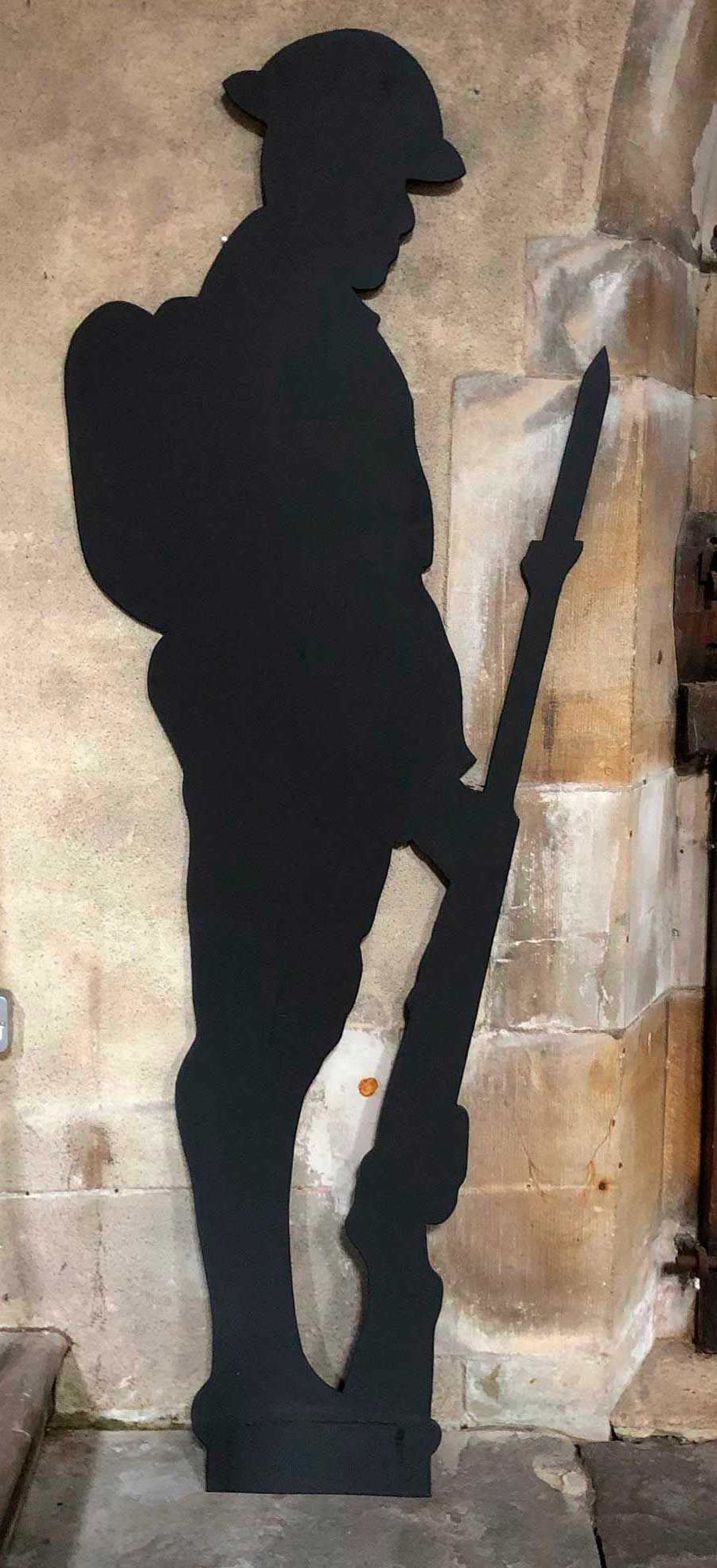As with everything else, doing is better than watching
By Morf Morford
Tacoma Daily Index
We’ve all seen these “feel-good” segments usually at the end of an all too grim news broadcast – a public gathering, a school assembly or a football game when a “special guest” is announced with great fanfare and a military member – thought to be deployed and thousands of miles away – is welcomed into the stunned sight and welcoming arms of an unsuspecting child or spouse.
We like these stories – or at least it is presumed that we are supposed to like these stories.
And I found them touching and memorable – the first or second or even third time, or maybe even the fourth or fifth time. But now I find them coddling, insulting, manipulative and even propagandistic.
And it’s not just me.
I think a military spouse put it best – these scenes, as touching as they might be, are the equivalent of military reunion porn –https://www.military.com/spousebuzz/blog/2015/09/heres-the-problem-with-reunion-porn.html- as she put it, “all the good feelings with none of the commitment.”
These all-too-theatrical spectacles are in the context of a near-constant era or “endless wars” where less than one percent of us serve in the military.
For decades, if not generations, military service was the benchmark of public service – the foundation of a successful professional career in business or politics.
But, as with everything else it seems, that was then and this is now.
Our most prominent politicians are noted for their evasion of military service. From bone spurs to education deferments, political figures from Bill Clinton to Dick Cheney to the Trumps, or even Rush Limbaugh have claimed exemptions from military service.
Those who celebrate the military sacrifice of some while refusing to make their own used to be called “chicken-hawks”.
We don’t even have a name for them anymore – we don’t need one, because they, to a large degree are all of us.
Those who serve are barely 1% of those who could – and perhaps should.
That means that 99% of us would not even consider military service for ourselves or our children.
Military service, for most of us, has become something like a spectator sport. We watch and cheer, and then turn our attention somewhere else.
But for those who serve, the military is no distraction – it is a life-defining experience.
If you have ever been to a military funeral (I have been to several) you see that even a few years of military service is an experience that casts its light on every aspect of life that follows.
Especially in the greater Tacoma area I see veterans proudly wearing medals, hats or parts of their uniform years – if not decades – after their service.
They should be proud of their service – and they should be offended when political opportunists (especially those who have avoided their own opportunity to serve) trivialize their sacrifice for their own purposes.
From local high school auditoriums to the 2020 State of the Union Address –https://www.military.com/daily-news/2020/02/04/soldier-gives-family-surprise-homecoming-during-state-union-address.html – these “tributes” to those serving in the military are more like a salve to the rest of us to know, and care, little about where our military staff are – or why – or how long or at what cost.
We have a sentimental moment, one news segment’s worth of bonding until we turn the channel or get a snack.
As I mentioned at the beginning, these are called “feel-good” news segments.
Maybe they were at first, but now they make me gag.
These “feel-good” scenes are the exact opposite of sustained civic engagement, of courage and sacrifice from civilian and military alike to protect and make our communities and our nation safer, stronger and more resilient. And more welcoming to those who would join us in this peculiarly American “democratic experiment” in community building and continued stake in who and what we are becoming.
These exercises in “military reunion porn” are exactly that – we take our place as spectators with no commitment, no courage and no cost and walk away with a sense of satisfaction or at least self-congratulations that we, at least for a moment, know what it feels like to be caught up in that experience of being reunited – if even for a short time – with little or no thought or care for the lasting cost of extended deployments on families, communities and individuals.
Like every low budget reality TV show, these segments are for us – not the participants.
We, with remote in hand, imagine ourselves heroic and compassionate, as if we too had the experience of sacrifice, loneliness and restoration.
But as with actual porn, these sensations are fleeting, pointless and unsatisfying.
A vicarious experience can never be satisfying. Being a member of an audience – no matter what we are watching – is the antithesis of an informed, engaged contributing member of community.
Those who manipulate our emotions do so for their own purposes, they draw us in with their portrayals of separation and reunion. We don’t see the months, even years of separation, the loss, the pain or even the grief of actual military service.
These “feel-good” news segments rarely make us more sympathetic to the lives of military families – or more inclined to join the military ourselves.
They are the placebo when we need the real thing, the emotional rush without even knowing their names.


What should we do?
I’d recommend the writer’s original practical suggestions – how viewers can reach out to military veteran neighbors. Or the NFL hosts a surprise homecoming … and then gives a military nonprofit a spot to ask for donations. Or the the public official announces expanded service member and military family support that actually has an impact, or challenges his fellow Americans to support military families through more than just a standing ovation.







